| Selo | University of Pennsylvania Press |
|---|---|
| Edição | 0 |
| Idioma | Inglês |
| Autores | John H. Arnold |
| Acabamento | Capa Dura |
| Quantidade de Páginas | 324 |
| Origem | Literatura Estrangeira |
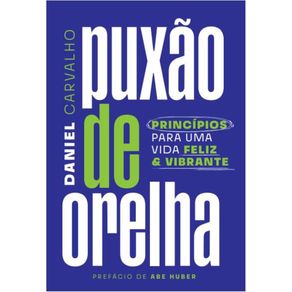 Puxão de Orelha
Puxão de Orelha
Autor da Fé
R$ 55,90 à vista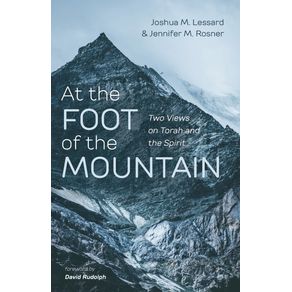 At the Foot of the Mountain
At the Foot of the Mountain
Wipf and Stock Publishers
R$ 126,19 ou até 2x sem juros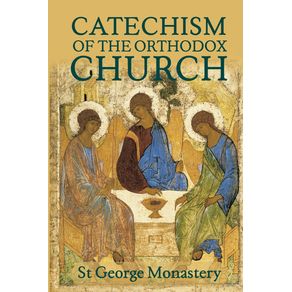 The Divine and Sacred Catechism of the Orthodox Church
The Divine and Sacred Catechism of the Orthodox Church
Lulu Press
R$ 169,76 ou até 3x sem juros My Babys First Islamic Words
My Babys First Islamic Words
The Sincere Seeker
R$ 70,68 à vista Getting to know Allah Our Creator
Getting to know Allah Our Creator
The Sincere Seeker
R$ 69,42 à vista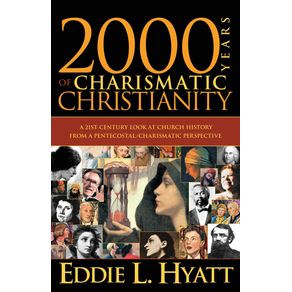 2000 Years of Charismatic Christianity
2000 Years of Charismatic Christianity
Charisma House
R$ 116,62 ou até 2x sem juros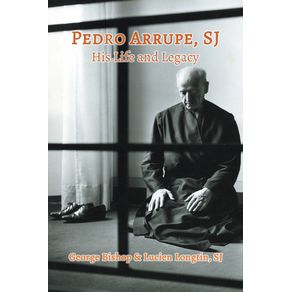 Pedro Arrupe, SJ
Pedro Arrupe, SJ
Gracewing Publishing
R$ 146,42 ou até 2x sem juros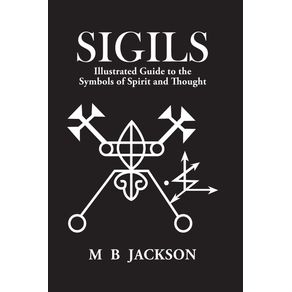 Sigils
Sigils
Green Magic
R$ 138,06 ou até 2x sem juros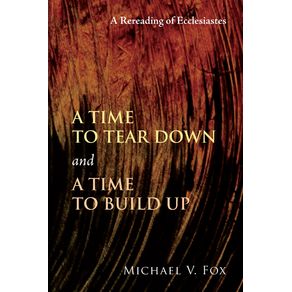 Time to Tear Down and a Time to Build Up
Time to Tear Down and a Time to Build Up
Wipf and Stock Publishers
R$ 128,76 ou até 2x sem juros Day Trading Cryptocurrency
Day Trading Cryptocurrency
Bluesource And Friends
R$ 95,35 à vista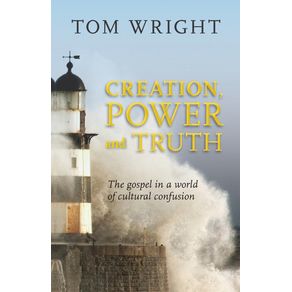 Creation, Power and Truth
Creation, Power and Truth
SPCK Publishing
R$ 112,88 ou até 2x sem juros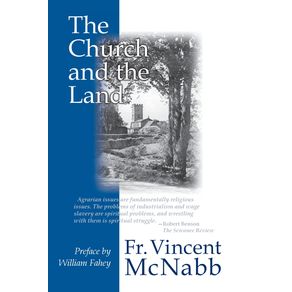 The Church and the Land
The Church and the Land
IHS Press
R$ 189,47 ou até 3x sem juros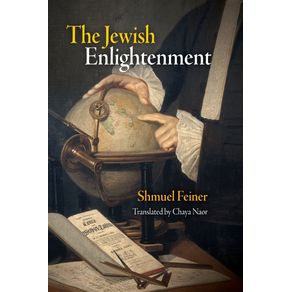 Jewish Enlightenment
Jewish Enlightenment
University of Pennsylvania Press
R$ 213,44 ou até 3x sem juros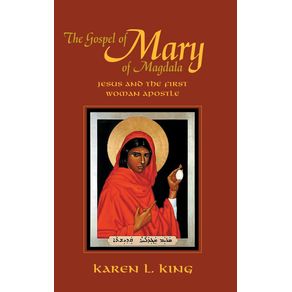 Gospel of Mary of Magdala
Gospel of Mary of Magdala
Polebridge Press
R$ 268,57 ou até 3x sem juros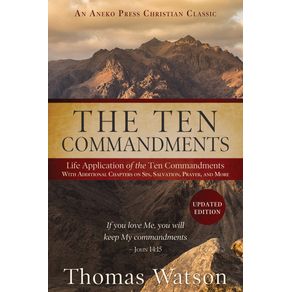 The Ten Commandments
The Ten Commandments
Life Sentence Publishing
R$ 134,04 ou até 2x sem juros 2019, O Ápice da Transição Planetária
2019, O Ápice da Transição Planetária
FE Editora
R$ 49,90 à vista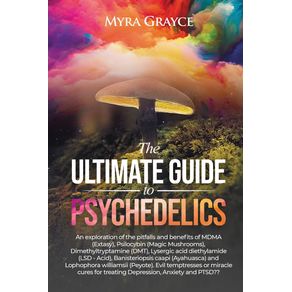 The Ultimate Guide to Psychedelics
The Ultimate Guide to Psychedelics
Intuitive Butterfly Inc.
R$ 132,51 ou até 2x sem juros 2000 Years of Charismatic Christianity
2000 Years of Charismatic Christianity
Charisma House
R$ 116,62 ou até 2x sem juros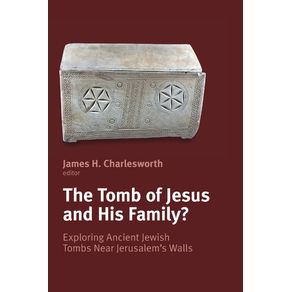 Tomb of Jesus and His Family?
Tomb of Jesus and His Family?
Wm. B. Eerdmans Publishing
R$ 380,10 ou até 3x sem juros Kickstart Package Workbook
Kickstart Package Workbook
The Laurus Company
R$ 81,26 à vista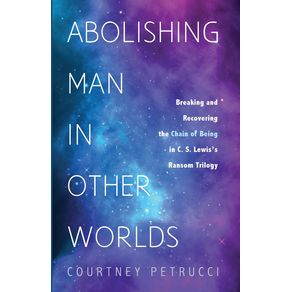 Abolishing Man in Other Worlds
Abolishing Man in Other Worlds
Wipf and Stock Publishers
R$ 74,47 à vista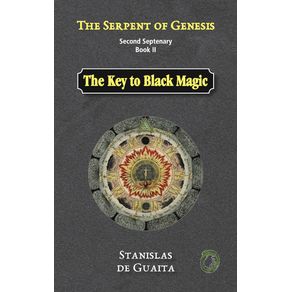 The Serpent of Genesis
The Serpent of Genesis
Daniel Bernardo
R$ 361,29 ou até 3x sem juros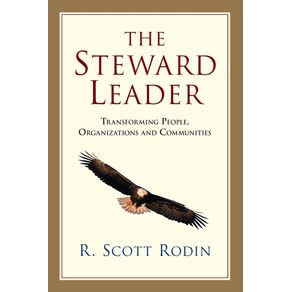 The Steward Leader
The Steward Leader
InterVarsity Press
R$ 184,25 ou até 3x sem juros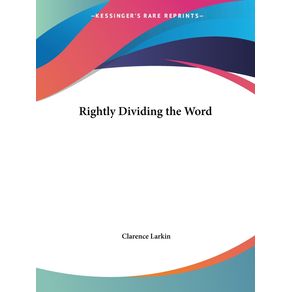 Rightly Dividing the Word
Rightly Dividing the Word
Kessinger Publishing
R$ 166,50 ou até 3x sem juros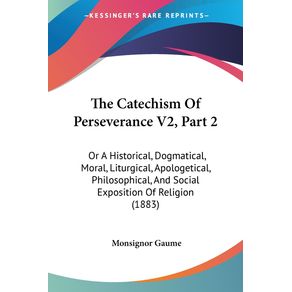 The Catechism Of Perseverance V2, Part 2
The Catechism Of Perseverance V2, Part 2
Kessinger Publishing
R$ 198,08 ou até 3x sem juros Day Trading Cryptocurrency
Day Trading Cryptocurrency
Bluesource And Friends
R$ 95,35 à vista Creation, Power and Truth
Creation, Power and Truth
SPCK Publishing
R$ 112,88 ou até 2x sem juros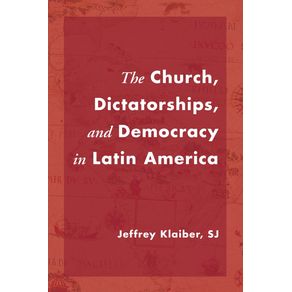 The Church, Dictatorships, and Democracy in Latin America
The Church, Dictatorships, and Democracy in Latin America
Wipf and Stock Publishers
R$ 251,49 ou até 3x sem juros Gospel of Mary of Magdala
Gospel of Mary of Magdala
Polebridge Press
R$ 268,57 ou até 3x sem juros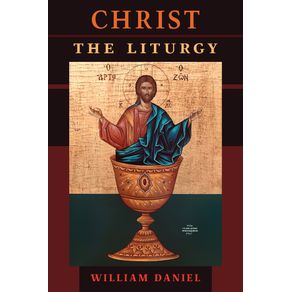 Christ the Liturgy
Christ the Liturgy
Angelico Press Ltd
R$ 161,01 ou até 3x sem juros Puxão de Orelha
Puxão de Orelha
Autor da Fé
R$ 55,90 à vista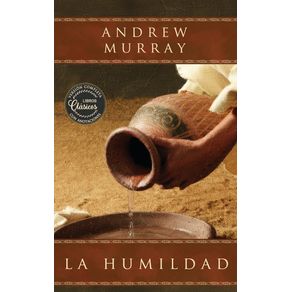 La humildad (La belleza de la santidad)
La humildad (La belleza de la santidad)
Eliud A. Montoya-Garza
R$ 128,80 ou até 2x sem juros Pedro Arrupe, SJ
Pedro Arrupe, SJ
Gracewing Publishing
R$ 146,42 ou até 2x sem juros Tomb of Jesus and His Family?
Tomb of Jesus and His Family?
Wm. B. Eerdmans Publishing
R$ 380,10 ou até 3x sem juros Kickstart Package Workbook
Kickstart Package Workbook
The Laurus Company
R$ 81,26 à vista The Steward Leader
The Steward Leader
InterVarsity Press
R$ 184,25 ou até 3x sem juros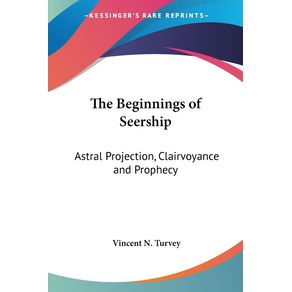 The Beginnings of Seership
The Beginnings of Seership
Kessinger Publishing
R$ 147,49 ou até 2x sem juros Creation, Power and Truth
Creation, Power and Truth
SPCK Publishing
R$ 112,88 ou até 2x sem juros Why believe in Jesus Resurrection?
Why believe in Jesus Resurrection?
SPCK Publishing
R$ 46,05 à vista Jewish Enlightenment
Jewish Enlightenment
University of Pennsylvania Press
R$ 213,44 ou até 3x sem juros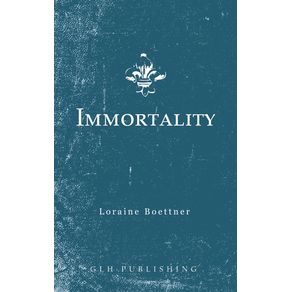 Immortality
Immortality
GLH Publishing
R$ 99,72 à vista The Church, Dictatorships, and Democracy in Latin America
The Church, Dictatorships, and Democracy in Latin America
Wipf and Stock Publishers
R$ 251,49 ou até 3x sem juros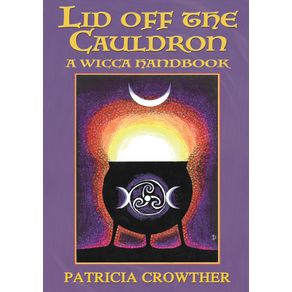 Lid Off The Cauldron
Lid Off The Cauldron
Fenix Flames Publishing Ltd
R$ 105,30 ou até 2x sem juros The Ten Commandments
The Ten Commandments
Life Sentence Publishing
R$ 134,04 ou até 2x sem juros A Life Ablaze
A Life Ablaze
Destiny Image
R$ 237,88 ou até 3x sem juros